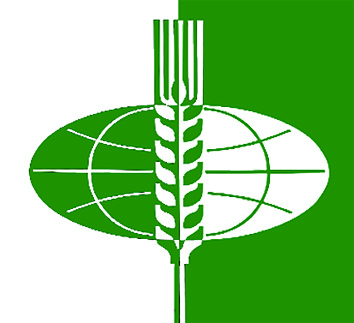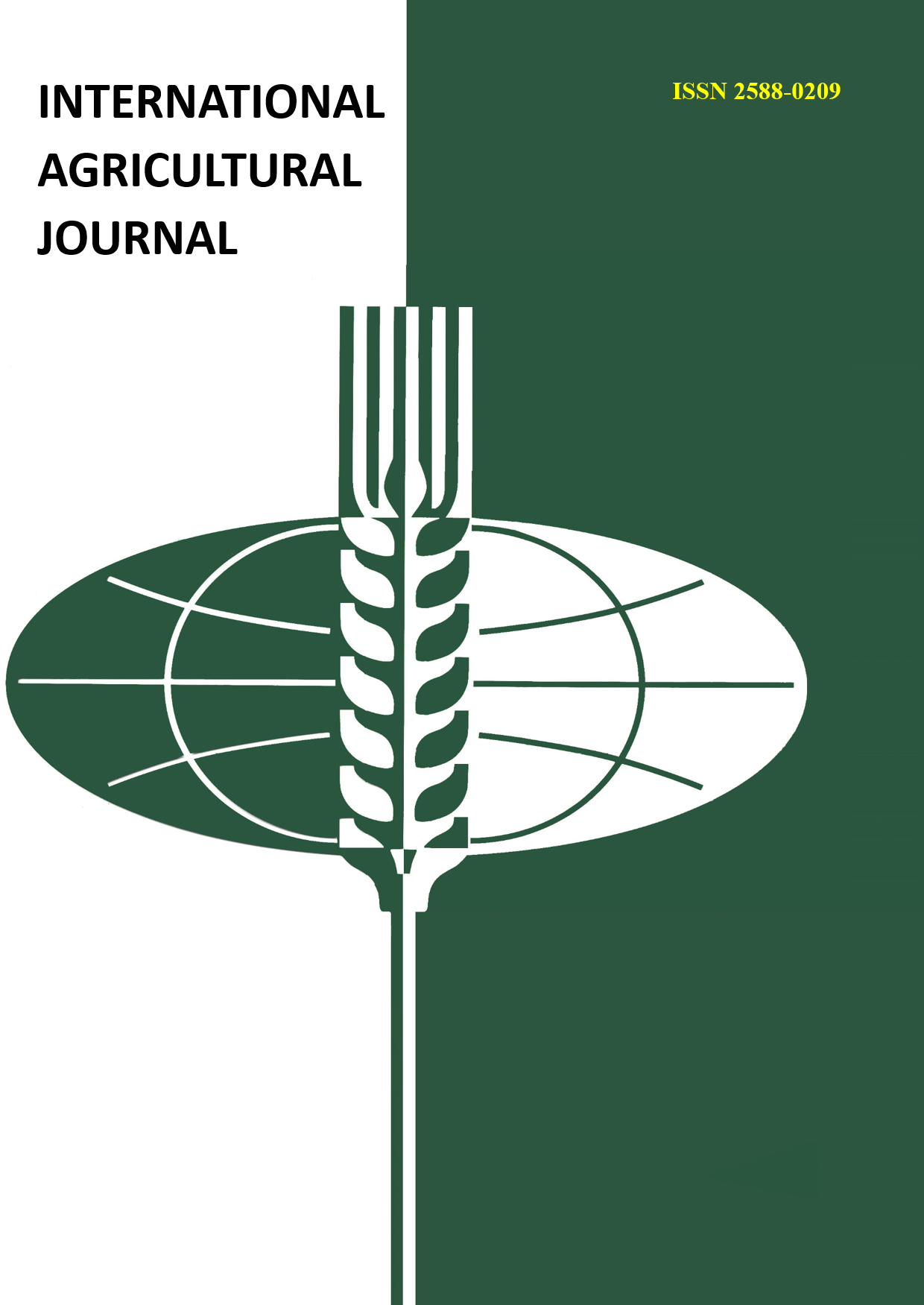In this scientific work, the authors identified the objective and subjective necessity of international trade in agri-food products, considered the factors of its development, and based on statistical data of the Food and Agriculture Organization of the United Nations analyzed the changes in cost parameters for 1992-2020, both for it as a whole and in the context of its main groups. It was found out that during the designated period, global exports of agri-food products in value terms increased by 4.63 times (from $275.921 billion to $1278.851 billion). and imports - by 4.35 times (from 301.956 billion dollars to 1313.956 billion dollars). It is revealed that the objective basis of these processes are natural and economic laws, and the subjective one is the need to provide food to the inhabitants of the respective countries, especially in the conditions of climate change. Also among the objective factors influencing the relevant processes is the policy implemented by specific States to solve this problem both with respect to their own population and other countries. The authors reflected that in the last two decades Russia has increased its importance both as an importer and as an exporter of a number of goods of plant and animal origin. Due to changes in climatic, geopolitical and geo-economic conditions, our country, if necessary from developing countries, can increase the export potential of the domestic agro-industrial complex and its role in ensuring global food security.
mezhdunarodnaya torgovlya, prodovol'stvennaya bezopasnost' mira i otdel'nyh stran, agroprodovol'stvennaya produkciya, gruppy tovarov, eksport, import, Rossiya














